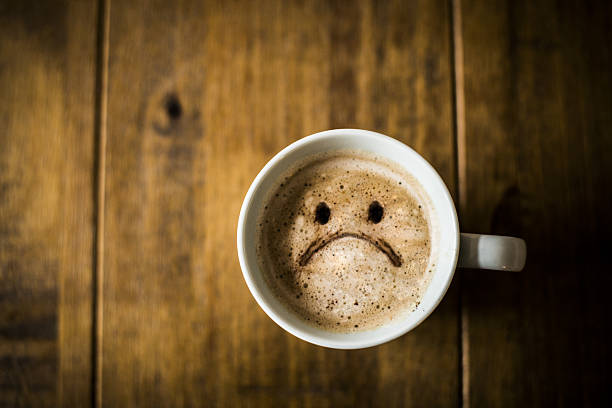Americans love their coffee or tea in the mornings, but can that cup of joe contribute to your mouth feeling dry?
Dry mouth, or xerostomia, is a common condition affecting a significant portion of the population in the United States. It is characterized by a decrease in saliva production, leading to a dry mouth feeling that can be quite uncomfortable or nauseating.
This condition can also have serious implications for your oral health and medical conditions related to your oral health. Understanding the common causes of dry mouth is the first step toward finding effective solutions.
Common Causes of Dry Mouth
A dry mouth occurs when the salivary glands in your mouth don’t produce enough saliva to keep your mouth moist. This lack of saliva can lead to various oral health issues, including an increased risk of tooth decay.
Medication Side Effects
One of the most prevalent causes of dry mouth is medication side effects. Many prescription and over-the-counter drugs can reduce saliva production, leading to symptoms of dry mouth. These medications may include those used to treat depression, anxiety, pain, allergies, and even common colds.
Systemic Health Conditions
Various medical conditions can also impact the flow of saliva, contributing to dry mouth. These include autoimmune diseases like Sjögren’s syndrome, diabetes, Parkinson’s disease, and even HIV/AIDS. In such cases, treating dry mouth involves managing the underlying health condition.
Lifestyle Factors
Certain lifestyle choices can exacerbate the symptoms of dry mouth. Regular consumption of caffeinated beverages like coffee and certain types of tea, particularly green tea, can decrease saliva production. Alcohol consumption and smoking are also known to reduce saliva flow, contributing to the dry mouth feeling.
Managing Dry Mouth
Handling or naturally treating dry mouth involves stimulating increased saliva production and using saliva substitutes or mouth rinses designed for dry mouth relief. Here are some effective strategies:
- Chew Sugar-Free Gum: This simple activity can stimulate saliva production, keeping your mouth moist and helping to prevent tooth decay.
- Stay Hydrated: Regularly sipping water throughout the day can help alleviate dry mouth symptoms.
- Use Saliva Substitutes and Mouth Rinses: These products can provide temporary relief from dry mouth, especially when natural saliva production is low.
It’s important to note that while these methods can help treat dry mouth, they are not a cure. If you experience persistent symptoms of dry mouth, it’s crucial to visit your dentist. A dental professional can assess your oral health, identify the underlying causes of your dry mouth, and recommend appropriate treatment options.

Analyzing Caffeine’s Impact on Oral Health
Can Coffee Cause Dry Mouth?
Caffeine, found in everyday beverages like coffee, is a well-known diuretic. This means it can lead to increased urination, which, in turn, may cause dehydration. Dehydration is a key factor in the development of dry mouth. Regular consumption of coffee, particularly in large quantities, can contribute to a persistent feeling of dryness in the mouth. This is because caffeine reduces saliva flow, which is crucial for maintaining oral health and preventing tooth decay and gum disease.
Why Does Tea Make My Mouth Dry Too?
Tea, another popular beverage, can also affect oral hydration. Both caffeinated and decaffeinated teas contain tannins, which can contribute to a dry, puckering sensation in the mouth. While decaffeinated tea has less caffeine, the presence of tannins means it can still lead to dryness. It’s important to note that while tea can contribute to dry mouth, it is generally less impactful than coffee due to its lower caffeine content.
Regular consumption of these beverages can exacerbate dry mouth symptoms. If you are experiencing persistent dry mouth, it might be worth examining your caffeine intake as a potential contributing factor.
Schedule A Check-Up With Naperville Commons Dental
Experiencing dry mouth can be more than just an inconvenience; it can be a sign of underlying dental issues. At Naperville Commons Dental, we understand the discomfort and oral health challenges that come with dry mouth.
Our team is here to help diagnose the cause and provide effective treatment options. Whether it’s modifying your diet, including your caffeine intake, or exploring other treatment avenues, we are dedicated to ensuring your oral health is at its best.
If you have concerns about dry mouth or any other dental issues, don’t hesitate to talk about it when you schedule a dental check-up with us. Your oral health is our priority.



